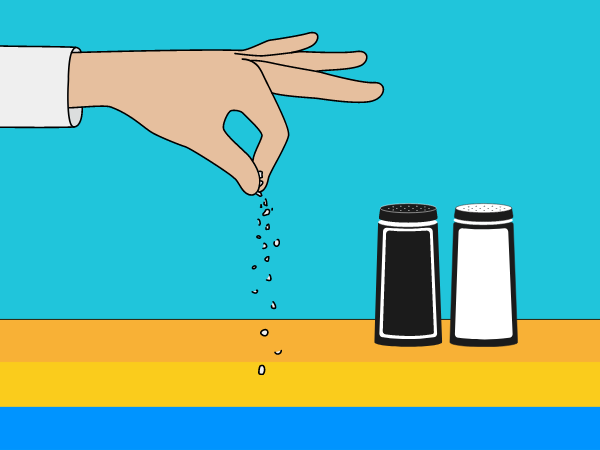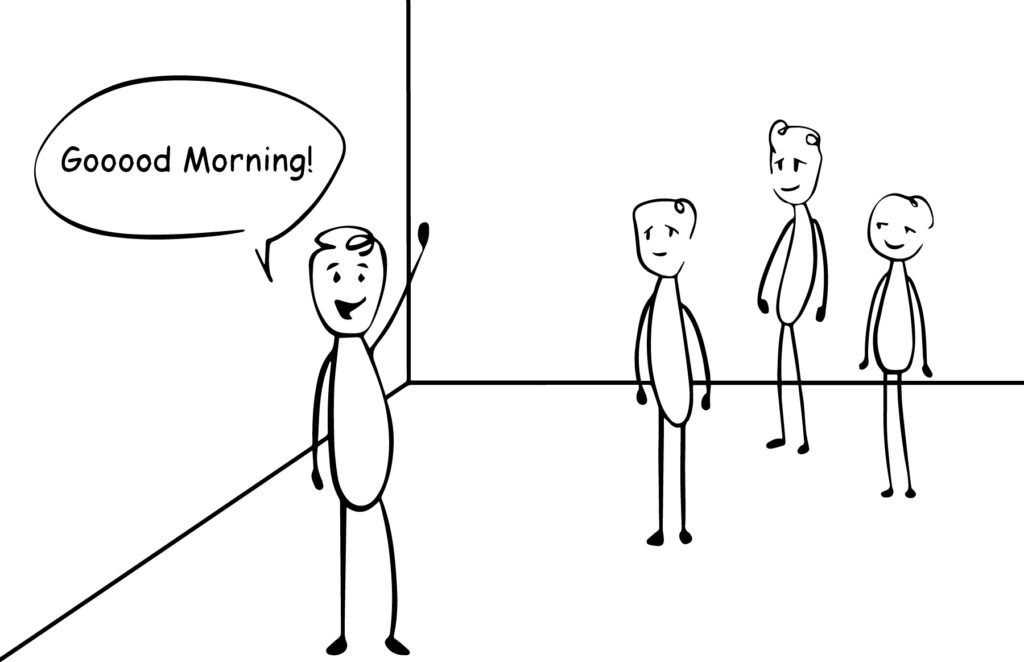Success and failure.
They are the salt and pepper of life. Our lives are seasoned by times where we get what we want and times where we don’t, times when things “work” and times when they don’t. Do you like one more than the other?
This probably feels like a dumb question. Who wouldn’t like success more than failure? (I’m guessing that was your choice). After all, success usually brings out all the good feels – joy, satisfaction, and excitement. It dumps that yummy pleasure hormone, dopamine, into your brain. Failure can create different emotions – shame, disappointment, anger, and regret. It’s often a producer of cortisol, the neuro-chemical that makes us reactive and edgy. Our brains have a strong tendency to associate success with reward and failure with punishment. No wonder we polarize these two experiences so strongly.
As I’ve been reflecting on the 10 year anniversary of opening Thought Design, one of the questions I’ve asked myself is “What do I know now that I didn’t understand 10 years ago?”. What I know for sure now that I didn’t see back then is that like salt and pepper, success and failure are meant to go together. Ten years ago, I thought the point was to get it right as often as possible, and fail as seldom as possible. I wanted to keep the two as far apart as I could. Although I knew that in starting a business failure was a real option, I still saw it as the thing that I had to get up every day to work hard to avoid.
What I know now is that the failures have made everything better.
Failure has made me do better thinking and forced me to slow down. It’s invited me to grow and grow up, and has sparked important innovation and creativity. In fact, I can’t think of a single thing that feels like a significant win over the last decade that didn’t include some “grains of pepper”.
One of the unexpected roads that my work has taken me on in this Thought Design adventure has been designing a learning plan that covers this very topic. I’ve led thousands of people through our “failure laboratory” workshops and explored this topic with coaching clients. I have even conducted a research study and partnership with a New Zealand university, interviewing dozens of leaders from around the world. My curiosity about this remarkable part of the human experience – how we hold our relationship with failure – has changed me in profound ways.
I’ve seen how we are all so accustomed to our ways and miss out on the goodness that living life “fully seasoned” can bring. Almost all of us have been socialized to believe that success is good and failure is bad. These beliefs set our brains up to associate success with reward (and move toward it), and failure with punishment (and fear it).
It has taken me years to see the complexity of failure not as the opposite of success but as its beautiful companion.
It’s not about seeing failure as “good”, as in “who cares if we fail?” as much as it is about seeing it as something that brings its own unique flavor and contribution to the whole of my experience.
I’ve recently taken up weaving. I bought a loom, took a class and began making stuff. Soon enough, I quickly embarked on a major project. Started to create hand-woven bags for each of my nine girlfriends in celebration of the 30th anniversary of our annual getaway.
Screwed them all up.

I was constantly amazed by how many mistakes were possible to make on such a “simple” task.
Laughed out loud several times, mentally ringing a bell as I announced “Ding Ding! I did it again!”
The mistakes cost me time and a little money, but the more that I had to tear out and redo the work, the more I understood the process and the faster I got. When I had finished them all, I laid them out together, and instead of feeling embarrassed by the imperfections, I noticed that they felt exactly right. Every single one of them was made with so much love. The flawed, but still useful results represent my willingness to push myself to my limits to delight those who I love. The imperfections, evidence of my failure moments, are literally woven in with the parts that are perfect, combining to create unique beauty together. I love them and I hope they do too.
I don’t know what kind of failures lie ahead of me. But I do know that thought design and me will be better “fully seasoned”.
How do you see failure?
What might it look like for you to live and work more “fully seasoned”?
Just some food for thought.




